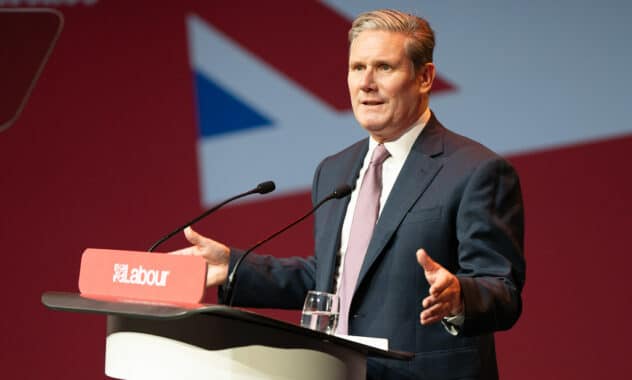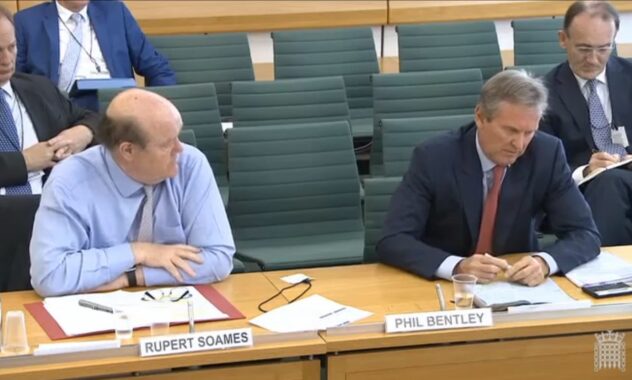Miliband ‘considers’ universal status of worker and sectoral collective bargaining
A new report from a think tank associated with Ed Miliband closely mirrors the IER's Manifesto for Labour Law.

Ed Miliband, Labour’s Shadow Business Secretary, is reportedly taking into consideration proposals that include a universal status of ‘worker’ to replace the UK’s three-tiered employment status system and the reintroduction of sectoral collective bargaining.
The proposals, which appeared in the IER’s Manifesto for Labour Law in 2016 and have remained among our core recommendations ever since, were included in a recent report by new think tank Common Wealth, on whose board Miliband sits.
Currently, there are three employment statuses for people in work: ’employees’, who are hired through traditional means and have access to all workers’ rights; ‘workers’, who are contracted to do work on a more insecure basis (such as zero-hour contract workers, agency workers, and gig workers); and the genuinely self-employed, in business for themselves, who do not qualify for workers’ rights.
Both IER and Common Wealth propose that all people in employment are presumed to be ‘workers’ with access to all employment rights, unless the employer can prove they are self-employed.
This will disrupt the legal loopholes exploited by companies like Uber and Deliveroo, where businesses claim their workforce are self-employed but challenges through the courts have revealed many to be insecure workers that should be in receipt of basic rights like the National Minimum Wage.
“There is nothing innate in the concept of the platform that means that work organised through it should be precarious, badly paid, or lacking in control,” the Common Wealth report argues.
The think tank’s other proposals also closely mirror those put forward by the IER in the Manifesto for Labour Law, including:
- that all ‘workers’ should have access to the full scope of employment protections from day one, including redundancy pay, sick pay, parental rights, holiday pay, protection from unfair dismissal and union rights;
- An end to zero-hours contracts, replaced with contracts that provide a minimum number of guaranteed hours and have a premium rate for overtime.
- A new duty to provide harassment-free workplaces and the inclusion of socio-economic status in protected characteristics.
- To ensure workers can enforce their rights where breached, the Supreme Court ruling that triggered the abolition of tribunal fees should be retained.
- The reintroduction of sectoral collective bargaining
However, Common Wealth differed from the IER in its approach to the enforcement of the law. Where the IER recommended the establishment of an independent Labour Inspectorate and stronger trade union rights, Common Wealth advocate for properly resourcing those agencies that currently enforce some employment laws and extending the sectoral licensing approach of the Gangmasters’ Labour Abuse Authority (GLAA) to sectors with high levels of exploitation and insecurity.
“This report provides useful insights into key ideas and concepts, including looking at how workers rights could be enshrined in light of the changing use of data,” Miliband said.







